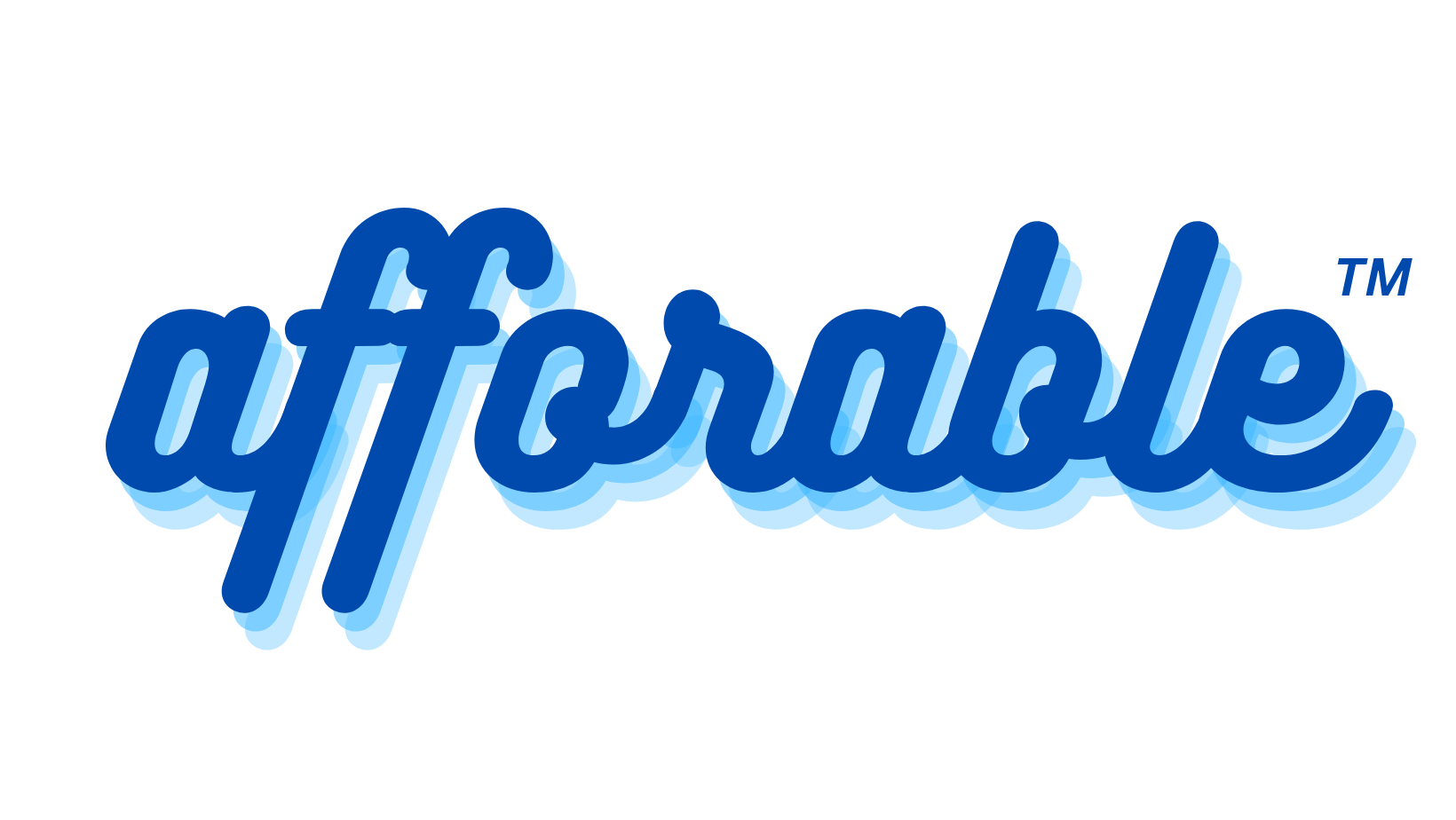Health insurance is an essential aspect of ensuring access to medical care and maintaining financial security. In Hawaii, a state known for its distinct cultural and geographical features, understanding the specifics of health insurance is especially important. This article provides a comprehensive overview of health insurance options in Hawaii, outlining available plans, state initiatives, and critical considerations for Hawaiians.
Hawaii’s Unique Health Insurance System
Hawaii’s approach to health insurance is unique due to the Prepaid Health Care Act, implemented in 1974. This state law requires employers to provide health insurance to employees working more than 20 hours a week, making Hawaii one of the states with the highest insurance coverage rates.
Health Insurance Marketplace in Hawaii
Hawaii operates its own health insurance exchange, known as the Hawaii Health Connector. This platform allows residents and small businesses to shop for health insurance plans that meet their needs and budget.
Types of Plans Available
- Employer-Sponsored Plans: Due to the Prepaid Health Care Act, many residents receive health insurance through their employers. These plans often provide comprehensive coverage.
- Individual Marketplace Plans: For those without employer-sponsored coverage, individual plans are available through the Hawaii Health Connector, with different levels of coverage (Bronze, Silver, Gold, and Platinum).
- Medicaid and Med-QUEST: Hawaii offers Medicaid and the Med-QUEST program for low-income individuals and families, providing essential health services often at little to no cost.
- Medicare: Available to seniors (65 and older) and certain disabled individuals, Medicare in Hawaii covers a range of healthcare services, including hospital and medical insurance.
Enrollment Periods
The state follows standard enrollment periods for marketplace plans, typically at the end of each year. Special enrollment periods are available for those who experience qualifying life events.
Financial Assistance and Subsidies
Residents may be eligible for financial assistance, such as tax credits or cost-sharing reductions, to make health insurance more affordable. These subsidies are primarily available through the Hawaii Health Connector.
Choosing the Right Plan
When selecting a health insurance plan in Hawaii, it’s important to consider factors such as personal health needs, budget, preferred healthcare providers, and any ongoing medical treatments. Residents should also consider the unique aspects of living in Hawaii, such as access to specialized care and geographic considerations.
Health Insurance for Small Businesses
Hawaii’s Prepaid Health Care Act also impacts small businesses, which are required to provide health insurance to eligible employees. The Hawaii Health Connector offers resources and plans suited for small businesses.
Conclusion
Navigating health insurance in Hawaii involves understanding the unique aspects of the state’s healthcare system and the options available. With a range of plans from employer-sponsored coverage to individual marketplace plans, Medicaid, and Medicare, residents have access to a variety of choices to meet their healthcare needs. Being informed and making thoughtful decisions about health insurance is crucial for ensuring adequate coverage and peace of mind in Hawaii.

